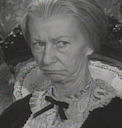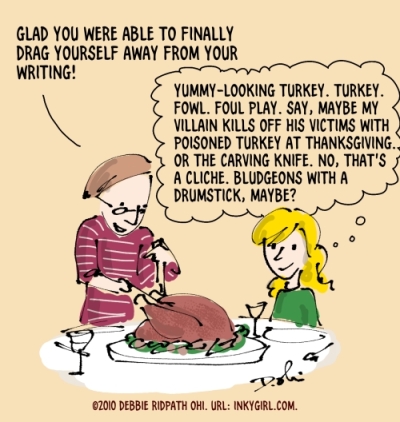 |
| Requited? I wish. |
When I was gloriously young, I fell in love with a boy, as many a fluttery young things does. He was sweet, he was kind, he was gorgeous, we shared similar interests, he would talk to me. I set my heart on him; someday we’d get married.
Alas, he did not feel the same way about me. I simply didn’t make his heart sing, the way he made mine sing. Also broke my heart when he got a high-school sweetheart (not me).
Still, we were good friends, because all those qualities of his for which I fell in love, also meant he’d be an excellent friend. Thirty years on, we’re still friends. Would he have made a wonderful husband and father? Absolutely. I see evidence of that all the time in how he treats the wife he met at university and their beautiful children.
I am comforted that I had chosen well. He turned out to be a good husband for someone. But would I have been the wife for him? That is also an important question. He had his chance. He said no. Le sigh.
So here I am again, vastly, deeply in love.
With an agent.
I fell in love when researching agents in general. She repped my genres, she had a strong worth ethic, she had a genuine interest in the improvement of all writers, her current clients spoke well of her, I liked how she did business, and I loved her long-term outlook. Got to meet her a couple of times at conventions and I liked her vibe.
Could she be the agent for me? Quite likely. But am I the client for her? That’s the important question.
Pitched to her once. She liked the sound of my novel, so she requested pages. In the end, she said no to my project. Later, I revisited the project and saw several reasons why she said no. Oh, it was sooo not ready! What was I thinking?
That no of hers was a big favour for me. I have significantly revised that project and fixed everything I discovered wrong. I have become a better writer because of it. I wasn’t publishable then. Maybe I am now. (A few short story editors think so.)
When she turned down my previous project, she asked to see my next one. I must have done something right the first time. So I’m polishing my WIP and doing my best to make sure it’s sub-ready. Then it’s off to see if she’ll love my work as much as I love hers.
While I daydream of a yes, I haven’t forgotten that the most likely answer is no. She is queried widely and has to turn down lots of projects that go on to find other agents, publishers, success. I might be imminently publishable, but I might not be the client for her.
So what’s a girl to do? Prepare herself for a No.
I have committed a grievous sin by falling in love with a dream agent. Serious no-no in the industry. Such dreams always end in tears.
So I’m of playing the field and stalking other agents. I see who my peeps sign with. I peruse various blogs and occasionally lurk on Twitter. I do my research. I ask other writers what they think of their agents. (I don’t ask for a recommendation or anything like that. That’s just obnoxious. However, I am open to someone volunteering that sort of thing. At least, read my stuff first.)
Will I sub to Agent “I See Potential In You”? Sure. She wouldn’t have asked to see my next project if she didn’t think I had something.
Shall I cry if she says no? Yep. Big fat tears.
Then I shall wipe my eyes, put on my big girl panties and send queries out to Dream Agents #2, #3, #4, #5…
Even if she says no, this agent will always hold a special place in my heart professional network. Not only was her original no a clandestine favour, her asking to see my next project may also have served me well. After her no, I could have turned around and sent my ms out to a whole bunch o’ agents before it was ready. Her request to see my next project motivated me to work on that next project and not dwell on the current one. I moved on. I honed my craft. I dug in and worked hard.
So yeah. I’ll query her and I’ll dream of a yes. Then again, with every agent I plan on querying, I will dream of a yes.
______________________
Her Grace falls in love far too easily. Such a quality is good in a Romance author. Her heart will always belong to That Boy, That Agent and Richard Armitage.
 |
| Gorgeous inside and out. |


























